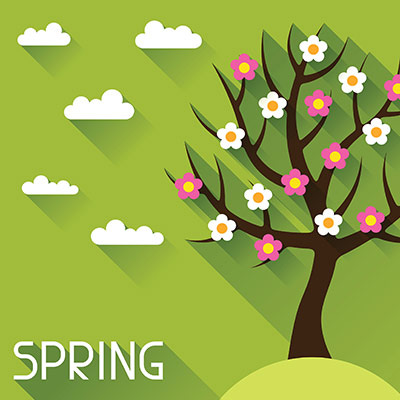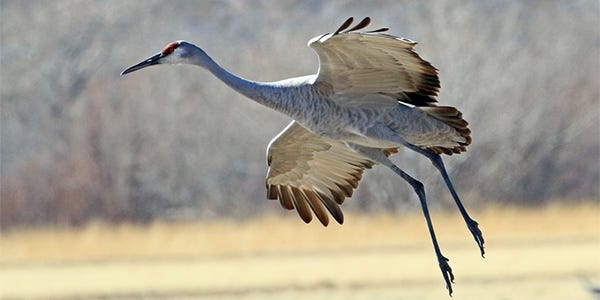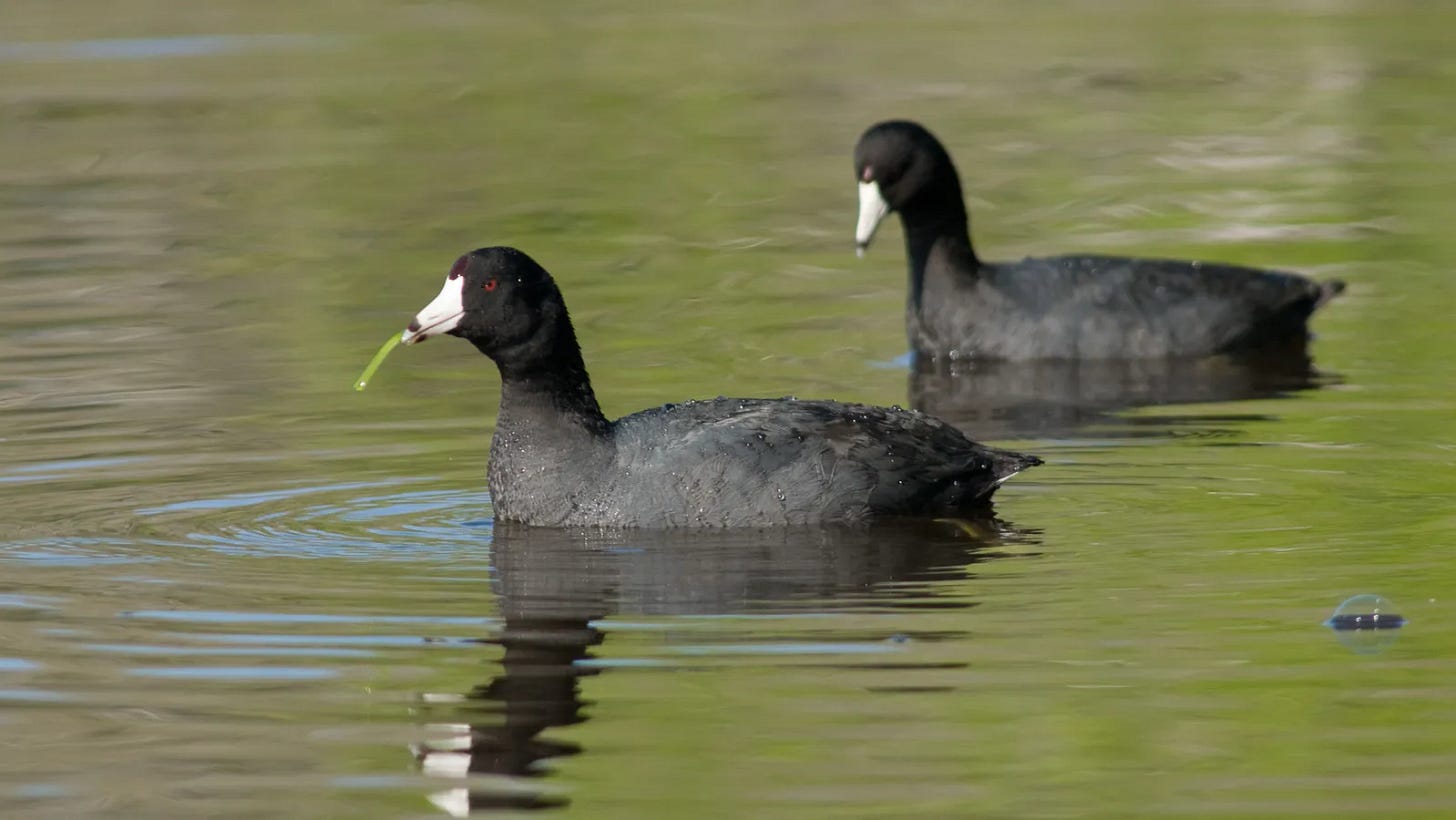“In the Spring, at the end of the day, you should smell like dirt.” Margaret Atwood.
Work on our tiny farm was a bit dicey during the month of February. After a very dry January, a series of atmospheric rivers roared onto the scene.
With a February rain total of 14.7 inches due to two fierce atmospheric rivers, it wasn’t the amount of rainfall; it was the tumultuous downpours that pounded the gardens. Typically, Meadow Vista has 8.1 inches of rain for the month, most of it spreading over days. This February’s downpours threatened the newly planted fruit trees and stressed the septic pump. The February rains arrived like boisterous guests who abruptly left after creating a mess.
With a fury, bulging streams flowed in irregular patterns across the orchard beds into Lay Lake. Something was amiss, something irregular and out of sync with the expected season. Winter is a time of pruning, fertilizing and preventive spraying to keep leaf curl and fire blight at bay. Usually in February life is dormant, kind of a pastoral nap. I use rain-free days to prune our 52 fruit trees and mix combinations of nitrogen, phosphorus and potassium into the soil. Seasonal rains come and go. But this cycle was eerily different.
In an ironic, February twist, neighbors told of massive increases in fire insurance costs, or being dropped by private companies and clinging to inflated fees through the California Fair Plan.
The threat of losing fire insurance did not help the mood. With the massive state fires and the accompanying draw on Cal Fair funds, our life in the Sierra Foothills lingers in the hands of insurance accountants and state monitors. Our current premium comes up for renewal in May.
That unease erupted on a wider level as well. February saw chaotic reversals among many of our cultural “givens”. Allies became enemies, charities became scams and established institutions needed to be trimmed. Suddenly weather researchers and security mavins became costly loafers.
Internet dialogue, never a place of genteel conversation, degraded into name calling and hyperbolic accusations. Uncertainty reigned as a coarse bravado across the spectrum took prominence. A middle ground could not be found as participants squabbled with accusation, dark theories and inflammatory rhetoric. One faction worried about pronoun usage, and the other demonized the vulnerable.
The stark 1919 poem, Second Coming by William Butler Yeats captured the mood with the line, “Things fall apart; the centre cannot hold.”
Pure mayhem, reigning uncertainty and that old nemesis – dread.
Fortunately, a walk across the farm reminded me that nature’s rhythms and cycles transpire despite our human foibles. Slogging across a muddy field in my soil-crusted rain boots, I heard a miraculous sound. High above, perhaps as high as 5,000 feet, Sandhill Cranes etched across the sky while making their guttural bugling. Time stopped as I strained to see their V-shaped, northward migration against a brilliant sky.
Sandhill Cranes
The ancient species reminds us of one the Buddhist Noble Truths that human suffering is impermanent. Nature has a way of doing that. In their role as harbingers of early spring, these awkward creatures alert us to seasonal cycles. Standing five feet tall, the stately Sandhill Cranes rekindle optimistic yearnings shared by those who came before us. In the case of these cranes, the origin goes back 2.5 million years, making them one of the oldest living birds. And there they were – distant specks in the sky heading north.
A few days after the Sandhill Cranes’ flyby, other signs of early spring appeared. Soon the American Coot (Fulica americana) arrived at Lay Lake.
American Coots on pond
Fluttering across the water, they appear comical as they prance over the lake in a random fashion. Because they migrate at night, they use their daylight stay as a resting period before continuing along the Pacific Flyway.
Joining the visiting American Coots, Canada Geese announced their arrival with characteristic bellowing honks. Canada Geese honk when arriving at a wetland to communicate with the members of the flock and to coordinate their landing, ensuring everyone is aware of the new location. When approaching a landing site like a wetland, synchronized honking signals to the rest of the flock that it's time to descend. While I am concentrating on a pruning task or pulling weeds, their coordinated landings take on a wondrous diversion as they descend to the water. Soon the scene is filled with vociferous honks and occasional squabbles. Within days, they will mark territories, mate and nest then incubate – a cycle that has gone on way before my arrival. Both the American Coots and Canada Geese mate for life. Somehow, I find that reassuring.
Canada Geese landing on pond
Other fowl eventually join the chorus. Quail inhabit the row hedges, Morning Dove perch among the oaks, and Red-winged Blackbirds assemble within the pond’s cattails. Trekking out to handle routine tasks, I am greeted by a symphony of melodic bird calls that announce hints of seasonal transitions.
This avian symphony previews the welcomed arrival of brilliant color when the drab collection of old chips and dried salvia give way to the perky daffodils and the California natives, in particular the Ribes aureum sanguineum species. Tiny, crimson quince blossoms will add to the visual delight. Soon the fragrant lilacs will offer an entrancing fragrance that is both sensual and invigorating. That means soil can be enriched, greenhouses cleaned and seedlings potted.
As an added blessing KNBR will be broadcasting SF Giants games, and I will marvel at the wit of Jon Miller and the tenured wisdom of Duane Kuiper.
Like baseball, the gardens soon will be ready as well. In late April customers will park in the driveway, peruse hundreds of veggie and perennial starts then wander among the brilliant iris blooms. The chatter will be clever, new friendships will develop, and the world will seem to hold together.
Delusional perhaps.
One may not escape the human theater that marks our times. But the restive moments with nature help one to remember that we are part of an incredible cycle that transcends our immediate misfortunes.
The chaos will continue. Lines will be drawn, extreme sides taken. But the wanderings around the pint-size farm will remind one of a bigger, grander cycle we get to witness when our hands smell like dirt. Or as George Bernard Shaw noted, “The best place to find God is in a garden. You can dig for him there.”








Janet here.. Thank you. I love everything about this. 🌷
So lovely Rick, thank you. “Nature is an incomparable guide if you know how to follow her.” Carl Jung